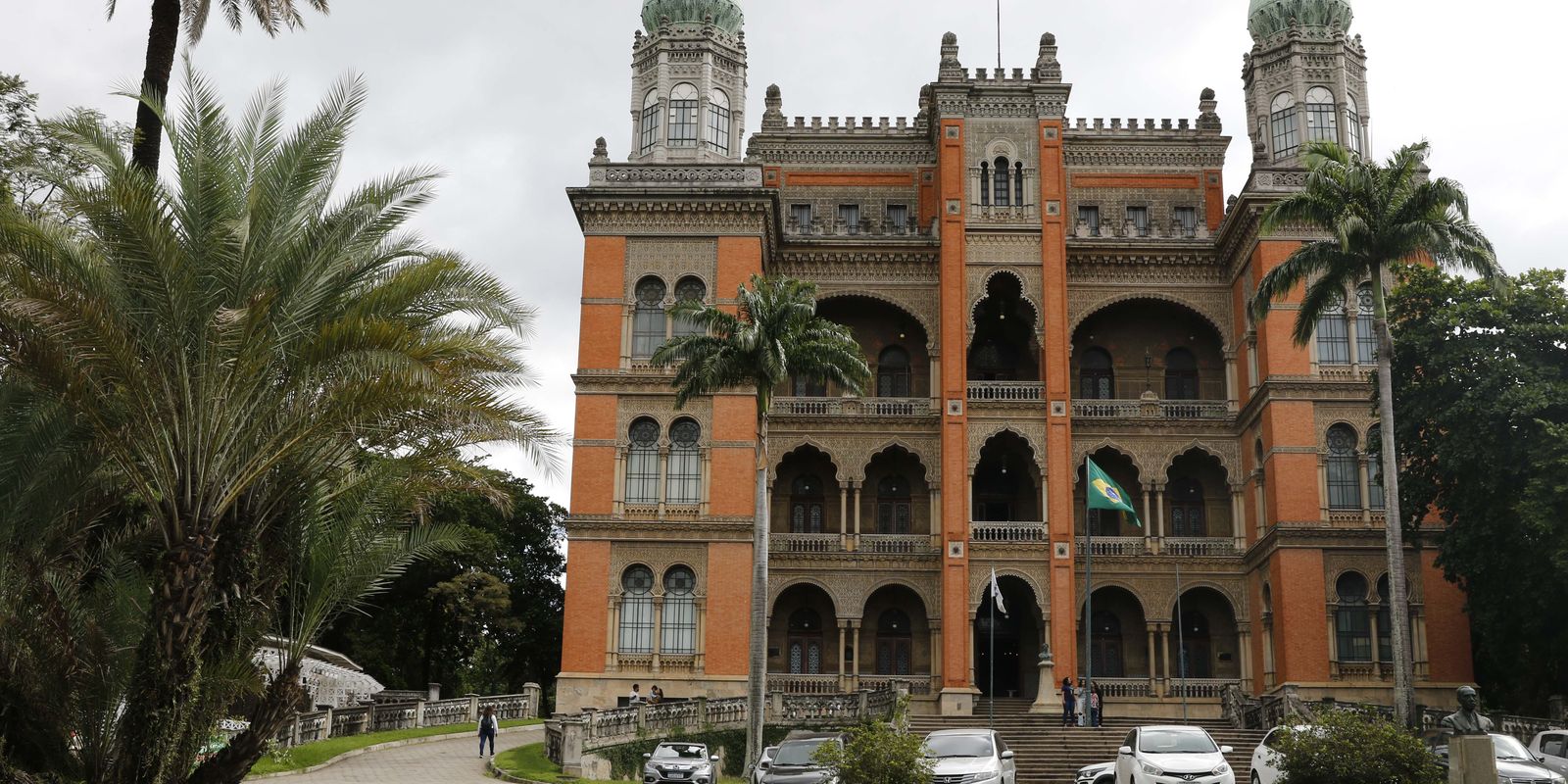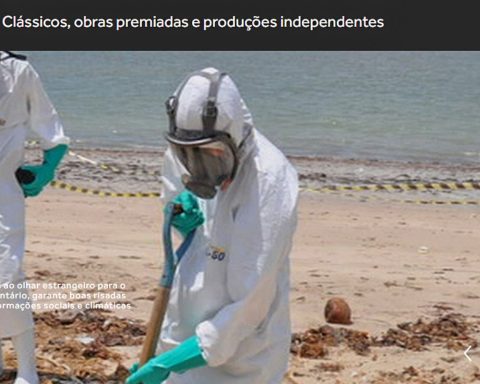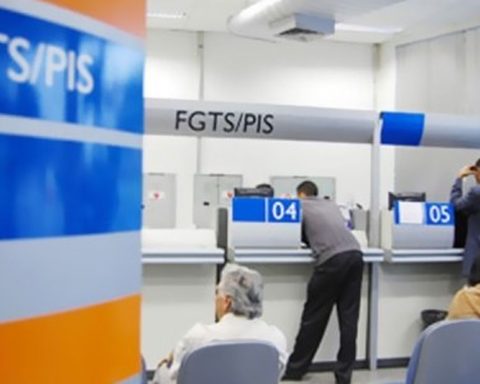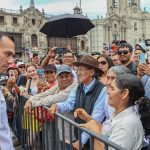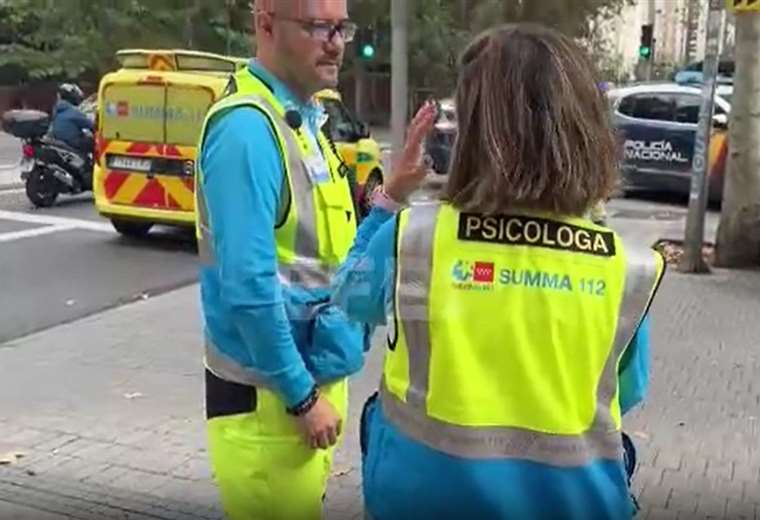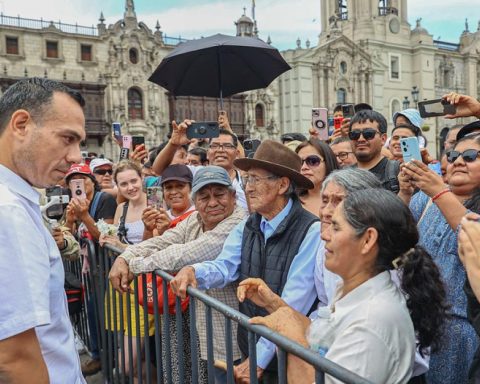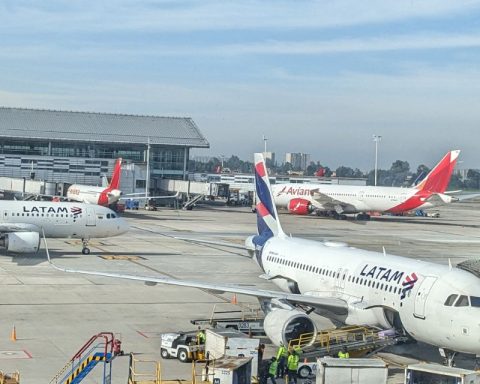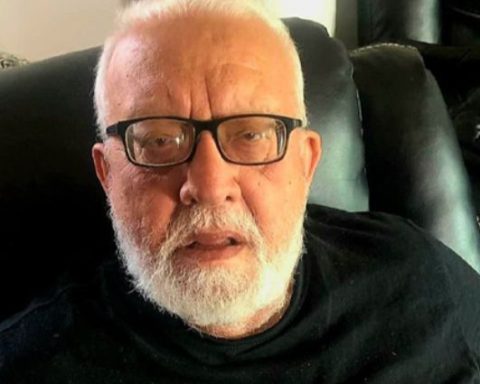The Oswaldo Cruz Institute (IOC), of the Oswaldo Cruz Foundation (Fiocruz) will be responsible for leading a historic clinical trial for global public health: a stage in the development of a vaccine against leprosy. The National Health Surveillance Agency (Anvisa) approved on Monday (14) the carrying out of tests on humans, and, if the research obtains the desired answers, this could be the way for the Brazilian population to have a free vaccine against the virus. illness.
A candidate to be the first vaccine against leprosy, LepVax was developed by the Access to Advanced Health Institute (AAHI), an American non-profit biotechnology research institute. With modern protein subunit technology, the vaccine had promising preclinical tests against the bacteria Mycobacterium leprae, which causes the disease.
Before reaching the stage of human studies in Brazil, which will involve 54 volunteers, the vaccine has already had its safety demonstrated in tests on 24 healthy people in the United States. The study showed the safety of the vaccine, with no serious adverse events reported. It also pointed out immunogenicity, that is, the ability to stimulate the immune response.
With the test in Brazil, researchers will be able to observe the effects of LepVax in a territory with leprosy transmission. Brazil concentrates 90% of cases of the disease on the American continent and is also the second country in the world in the number of notifications of the disease, behind only India. In ten years, from 2014 to 2023, there were almost 245 thousand new infections, according to the Ministry of Health. In 2023 alone, 22,773 new cases were registered.
Therefore, considering the country’s epidemiological scenario, researchers believe that the immune system of a large number of Brazilians may have had previous contact with mycobacteria, which could influence the response to the vaccine.
The head of the Leprosy Laboratory at IOC/Fiocruz, Roberta Olmo, highlights that the LepVax clinical trial at the Fiocruz institute reflects the degree of maturity achieved over years of pioneering work by the laboratory, which allowed it to gain recognition from the community national and international scientific research.
“The sustained elimination of leprosy as a public health problem requires a vaccine. In this scenario, LepVax appears as a prophylactic and therapeutic vaccine, which could contribute to the goals of controlling the disease”, she states.
Tackling leprosy is within the scope of the Interministerial Committee for the Elimination of Tuberculosis and Other Socially Determined Diseases (Cieds), installed in June. The group of nine departments is led by the Ministry of Health to seek solutions against neglected diseases, often associated with poverty and other social determinants.
For leprosy, the goals include interrupting transmission in 99% of municipalities, eliminating the disease in 75% of municipalities and reducing the absolute number of new cases with apparent physical disability at the time of diagnosis by 30% by 2030.
Three doses
The Oswaldo Cruz Institute will evaluate the safety and immunogenicity of the vaccine, in addition to investigating the use of two different formulations of the vaccine, with low and high doses of antigen. To do this, participants will be randomly divided into three groups: two will receive the vaccine, one with a low dose and the other with a high dose; and the third group will receive the placebo, which is a saline solution, with no biological effect.
Each participant will receive three doses of the application corresponding to their group, 28 days apart. After that, they will be followed for a year. To participate, you must be between 18 and 55 years old, in good health and not pregnant. Furthermore, volunteers cannot be people who have already had the disease or close contact with leprosy patients.
The dermatologist and researcher at the Souza Araújo Outpatient Clinic, Cássio Ferreira, explains in a text published by the Oswaldo Cruz Institute that the safety of the vaccine will be assessed through clinical monitoring and laboratory tests. “In the United States, the result was very positive, without any major adverse events. The reactions recorded, such as pain at the injection site, tiredness and headache, are common in immunizations. This first demonstration of safety was essential for the research to move forward.”
The Oswaldo Cruz Institute was chosen as the clinical center responsible for the tests and the Institute of Immunobiological Technology (Bio-Manguinhos/Fiocruz) is the sponsor of the clinical trial. The LepVax project is financed by the philanthropic entity American Leprosy Missions (ALM), from the United States, which has led the development of the vaccine since 2002. The study in Brazil is also financed by the Ministry of Health and the Japanese fund Global Health Innovative Technology Fund ( GHIT Fund). The Sasakawa Health Foundation, from Japan, is a partner in the research.
